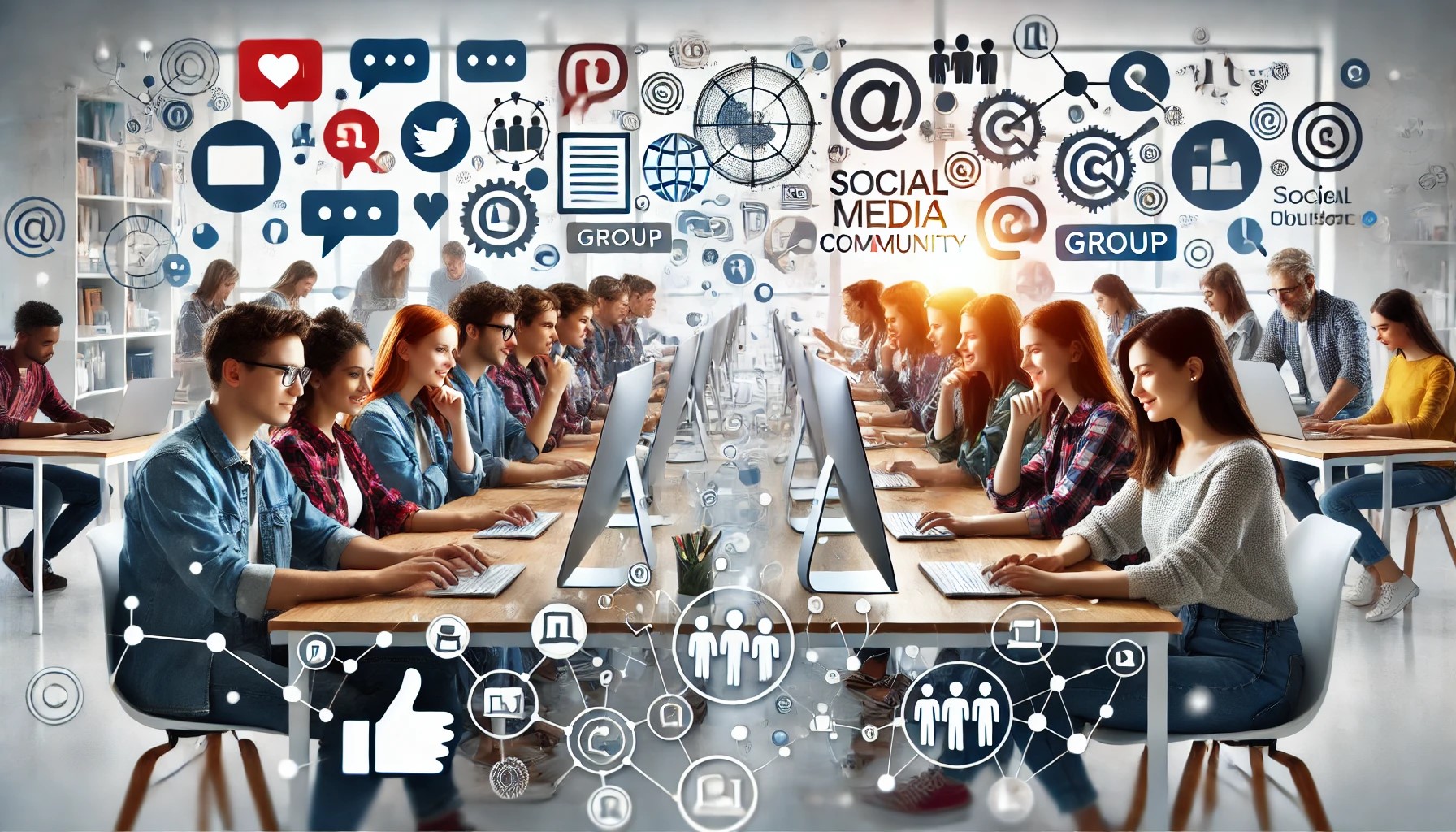The Power of Social Media in Online Learning Communities

Social media offers a dynamic platform for collaboration, engagement, and support, revolutionizing the way instructors and students engage in online learning communities. Educational platforms enable students to interact with teachers and classmates outside of the virtual classroom by incorporating social media networks. In order to sustain motivation and interest in the learning process, these interactions cultivate a sense of community and belonging.
The ability to communicate in real-time is one of social media's main advantages for education. A more dynamic and responsive learning environment is encouraged by the ease with which students can exchange resources, pose inquiries, and get prompt feedback. Discussions, clarifications, and group activities are made possible via platforms such as Facebook groups, Twitter conversations, and specialized Discord servers, which aid students in comprehending and applying course material in real-world contexts.
Additionally, social media creates a learning environment that is open around the clock by enabling students to participate in discussions outside of scheduled class times. For working professionals and international students taking online courses, this flexibility is very helpful. Social media interaction gives students access to viewpoints from a variety of professional domains and cultural backgrounds, enhancing their education and expanding their awareness of the world.
Social media helps educators as well since it gives them important information on student involvement and areas where students might need more help. Teachers can modify their teaching strategies to address frequent issues and promote active engagement by keeping an eye on interactions and examining debates. In order to continuously enhance online learning experiences, social media analytics tools also assist educators in monitoring trends and evaluating the efficacy of course content.
All things considered, social media has developed into a potent instrument for improving online learning communities by encouraging deep communication, teamwork, and ongoing assistance. Social media will probably play an increasingly more crucial role in fostering a lively, encouraging, and easily accessible learning environment as online education expands.